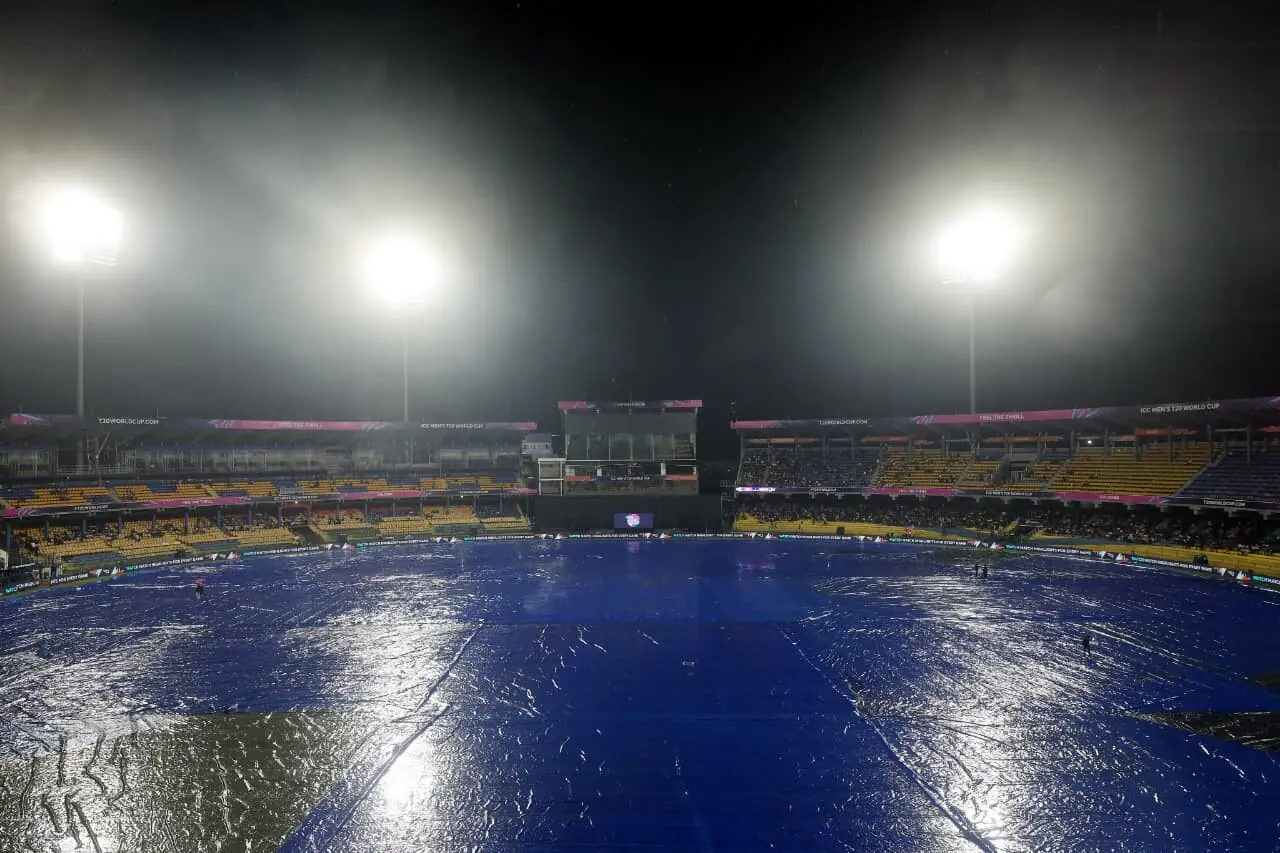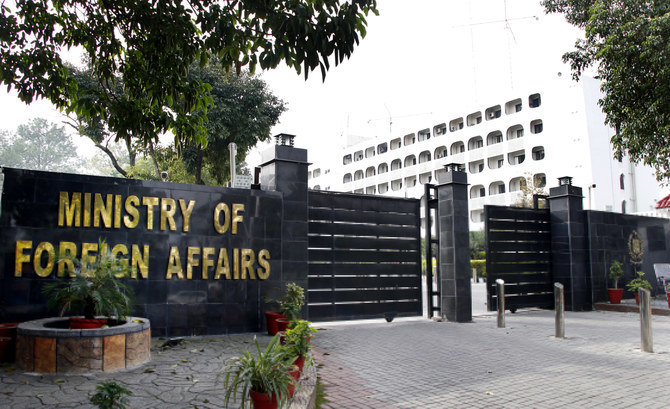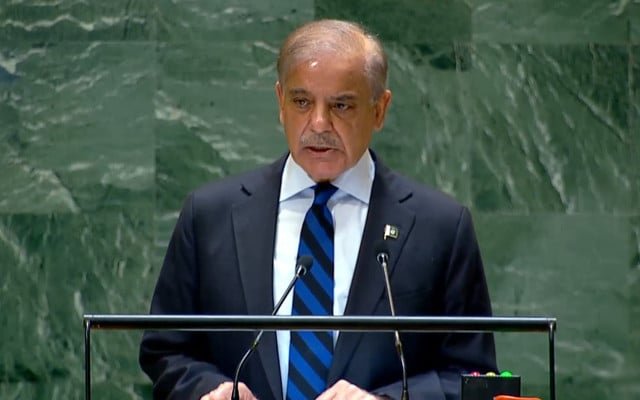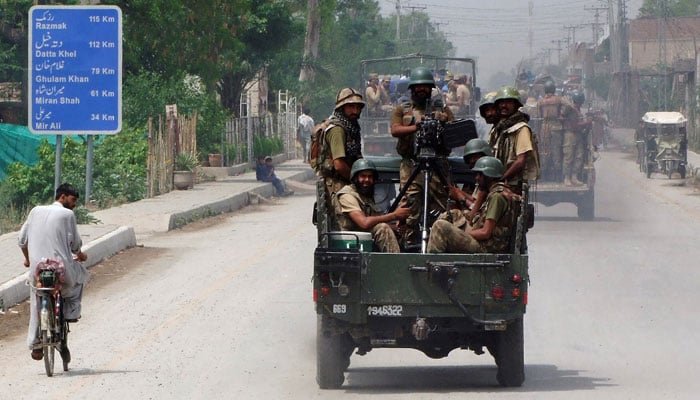Thousands of Islamist supporters filled the streets of Dhaka on Saturday in one of the largest religious gatherings Bangladesh has seen in years, as hardline groups gain momentum following the ousting of longtime Prime Minister Sheikh Hasina.
The rally, led by the influential coalition Hefazat-e-Islam—a mix of conservative political parties, Islamic organizations, and religious schools—was a powerful show of strength. The group issued a list of demands, the most controversial being the call to scrap the government’s women’s rights commission, which they argue goes against Islamic teachings.
“Men and women were created differently, and the Quran gives clear guidance on their roles,” said Mohammad Shihab Uddin, who runs a women’s religious school. “Equality in the Western sense doesn’t apply to us.”
The demonstration followed two days of mass rallies by other political parties gearing up for a national election, including the Bangladesh Nationalist Party (BNP), which is expected to be a major contender. While no date has been set, interim leader Muhammad Yunus—a Nobel laureate—has promised elections will be held by mid-2026.
Islamist leaders at the rally made it clear they see themselves as defenders of religious values. “If any government introduces anti-Islamic policies in a country that’s 92% Muslim, we will oppose it,” said Muhammad Umar Faruq, a seminary teacher.
The resurgence of religious activism comes after Sheikh Hasina, who ruled for 15 years with an iron grip, was ousted in August 2024. Her government was often accused of human rights abuses and had cracked down hard on Islamist movements. Since her departure and subsequent flight to India—where she’s defied calls to return and face trial—conservative groups have become more assertive.
This shift has sparked fear among minority communities and more liberal segments of society. Sufi Muslims and the Hindu minority, who make up less than 10% of the population combined, worry about growing intolerance. Women’s rights activists are especially alarmed, as hardline groups push to roll back social freedoms.
Islamist leaders are also demanding a ban on cultural activities they deem un-Islamic—such as music festivals, theatre, women’s sports events, and even kite-flying celebrations—raising concerns about shrinking space for personal freedoms in the country.
















